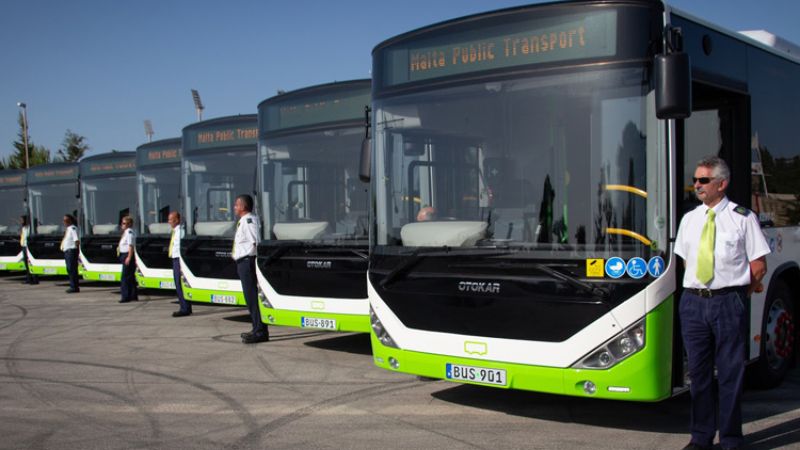Air pollution is a significant concern in urban areas, affecting millions of people worldwide. The adverse effects on health, the environment, and the economy necessitate immediate action. Here, we explore three effective strategies to mitigate air pollution in cities. For comprehensive solutions and expert advice, contact us.
1. Promote Public Transportation and Non-Motorized Travel
Urban transportation is a major source of air pollution. Reducing the number of private vehicles on the road can significantly decrease emissions. Cities can achieve this by:
– Expanding Public Transport: Investing in efficient, affordable, and extensive public transport systems encourages people to opt for buses over private cars.
– Encouraging Cycling and Walking: Developing safe and convenient infrastructure for cycling and walking can promote these environmentally friendly modes of transport.
– Implementing Car-Free Zones: Establishing car-free zones or days can reduce traffic congestion and lower emissions in densely populated areas.

2. Enhance Green Infrastructure
Green infrastructure plays a crucial role in improving air quality by acting as natural air filters. Urban planning that integrates more green spaces can lead to healthier environments. Key actions include:
– Planting Trees and Urban Forests: Trees absorb pollutants and produce oxygen, making them essential for cleaner air.
– Creating Green Roofs and Walls: Green roofs and walls on buildings can absorb pollutants and provide insulation, reducing the urban heat island effect.
– Establishing Parks and Green Belts: Large parks and green belts can serve as lungs for urban areas.

3. Implement and Enforce Stringent Emission Regulations
Effective regulation is critical to controlling sources of pollution. Governments and local authorities must:
– Set Emission Standards: Establishing strict emission standards for vehicles, industries, and power plants can significantly reduce pollutants. The European Union’s Euro 6 standard for vehicles and the United States’ Clean Air Act have been instrumental in lowering emissions in their respective regions.
– Promote Clean Energy: Encouraging the use of renewable energy sources such as solar, wind, and hydroelectric power can reduce reliance on fossil fuels, thereby decreasing air pollution.
– Monitor and Enforce Compliance: Regular monitoring and stringent enforcement of regulations ensure that industries and other polluters adhere to set standards. Penalties for non-compliance must be significant enough to deter violations.

Conclusion
Reducing air pollution in urban areas requires a multifaceted approach, combining transportation reforms, green infrastructure, and stringent regulations. These strategies not only improve air quality but also enhance the overall quality of life for urban residents.
